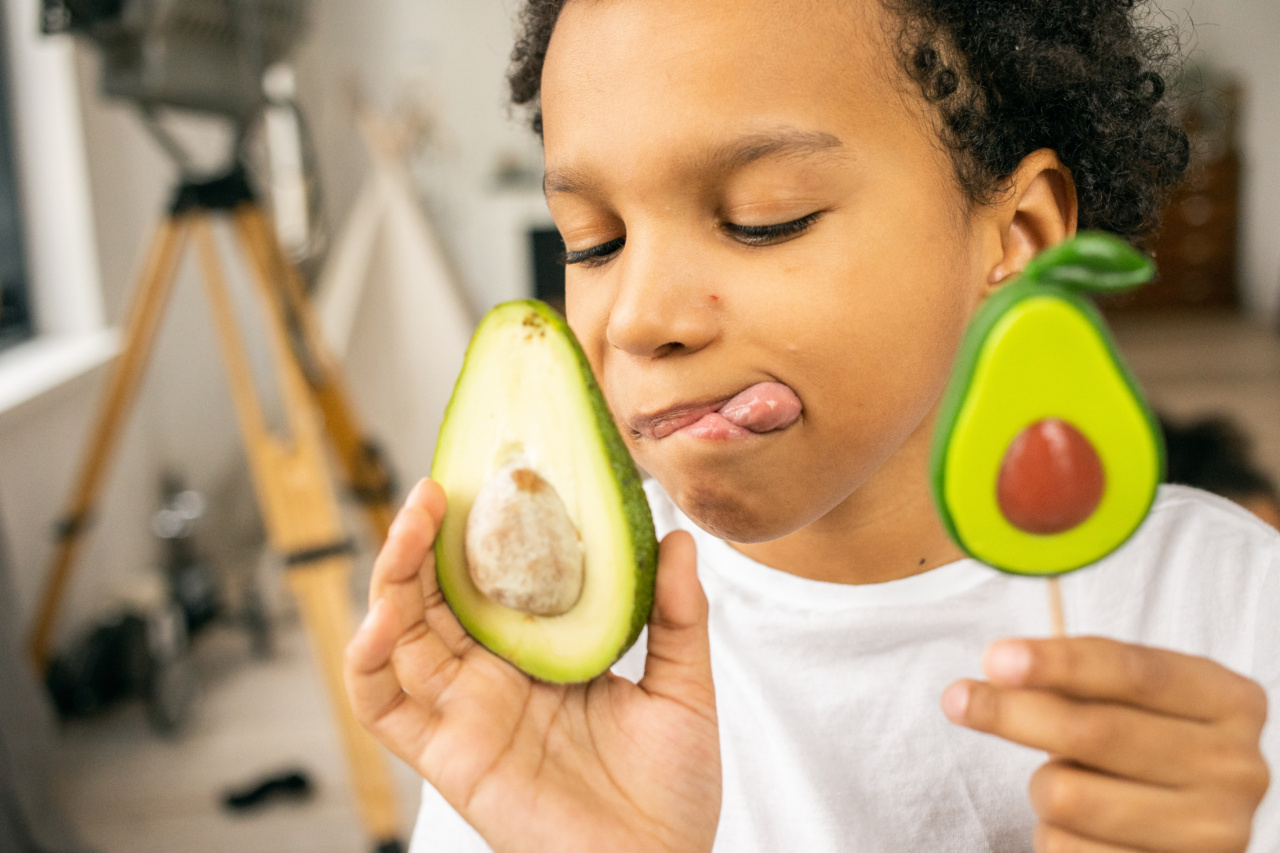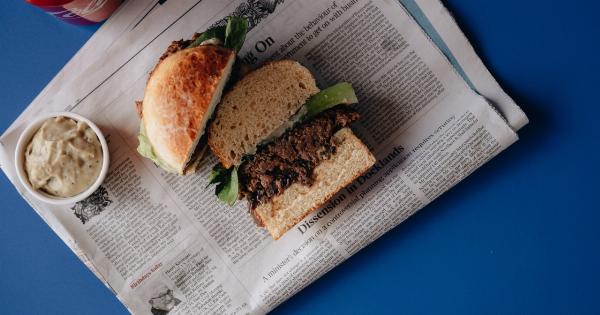Many parents are turning to diet soft drinks as a healthier alternative to regular soda, but a new study suggests that this might not be the best idea when it comes to their child’s health.
The study found that diet soda consumption in children is linked to increased calorie intake, which can lead to obesity and other health problems.
What the Study Found
The study, which was conducted by researchers at the University of Virginia, analyzed data from more than 7,000 children between the ages of 2 and 11.
The researchers found that children who consumed diet soda had higher calorie intake than those who did not, and that this effect was more pronounced in children over the age of 6.
In addition, the study found that children who drank diet soda were more likely to be overweight or obese than those who did not.
The researchers speculate that this might be due to the fact that diet soda can interfere with children’s natural ability to regulate their food intake, leading them to consume more calories than they need.
Why Diet Soda Might Be a Problem
There are several potential reasons why diet soda might be linked to increased calorie intake in children.
One possibility is that artificial sweeteners in diet soda can disrupt the normal balance of gut bacteria, leading to metabolic changes that affect appetite regulation.
Another possibility is that children who drink diet soda might be more likely to consume other unhealthy foods as well.
For example, they might feel that because they are drinking a “diet” soda, they can indulge in other high-calorie treats without consequences.
What Parents Can Do
If you are concerned about your child’s health, it might be best to limit their consumption of diet soda. Instead, encourage them to drink water or other low-calorie beverages, like unsweetened tea or milk.
Avoid keeping soda, both regular and diet, in the house, and instead provide healthy snacks like fruits, vegetables, and nuts.
If your child has a soda habit that is hard to break, try gradually reducing their consumption over time. For example, limit their intake to one can or glass per day, and gradually decrease that amount over the course of several weeks or months.
The Bottom Line
While diet soda may seem like a healthier option than regular soda, it is important to remember that it is still a processed food that can disrupt the body’s natural ability to regulate appetite and calorie intake.
If you are concerned about your child’s health, encourage them to drink water and other low-calorie beverages, and limit their consumption of soda and other high-calorie treats.































